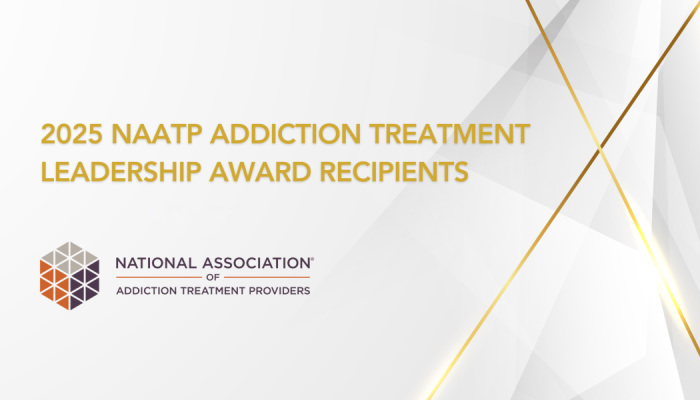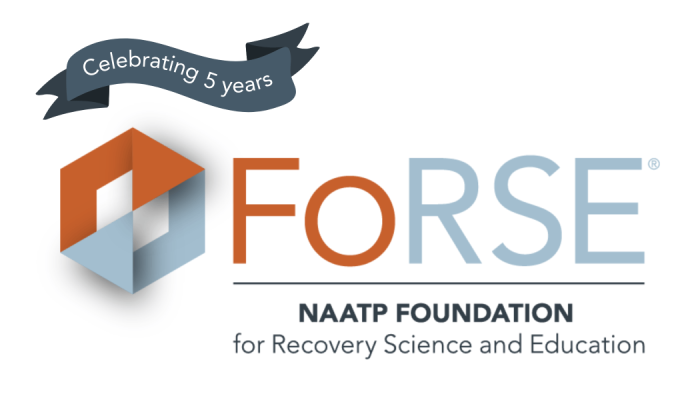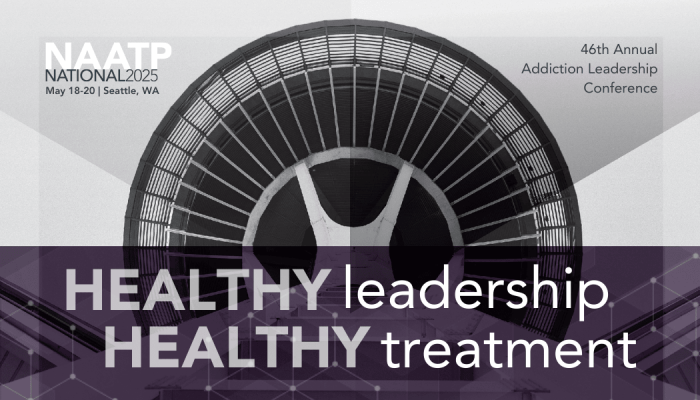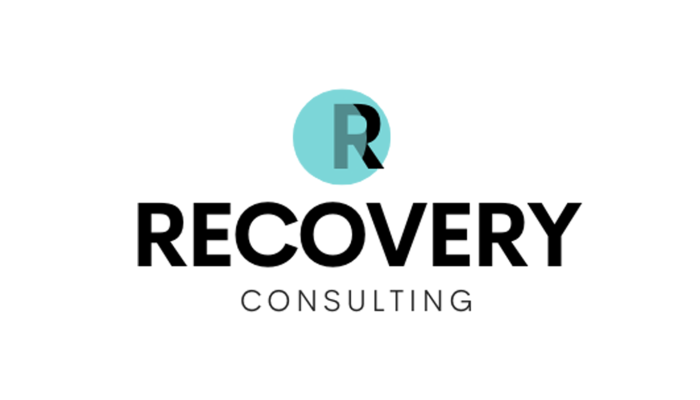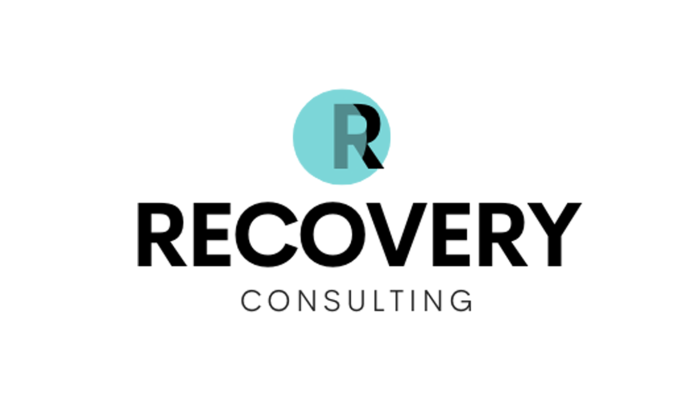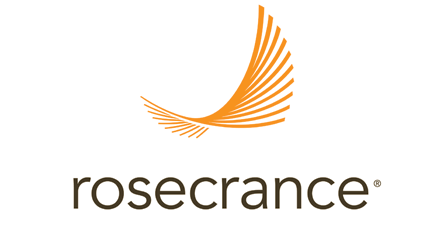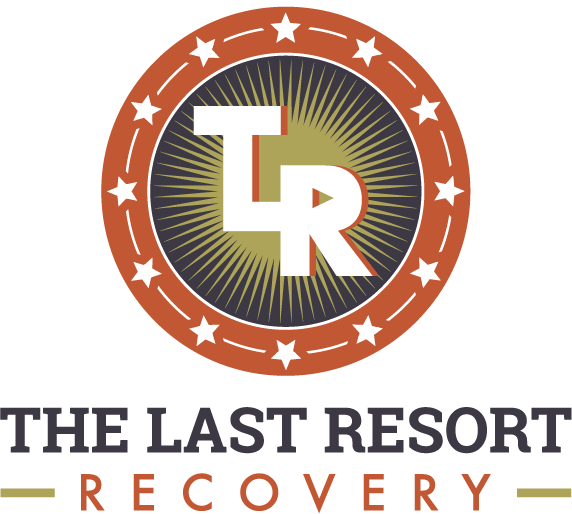May 18, 2022
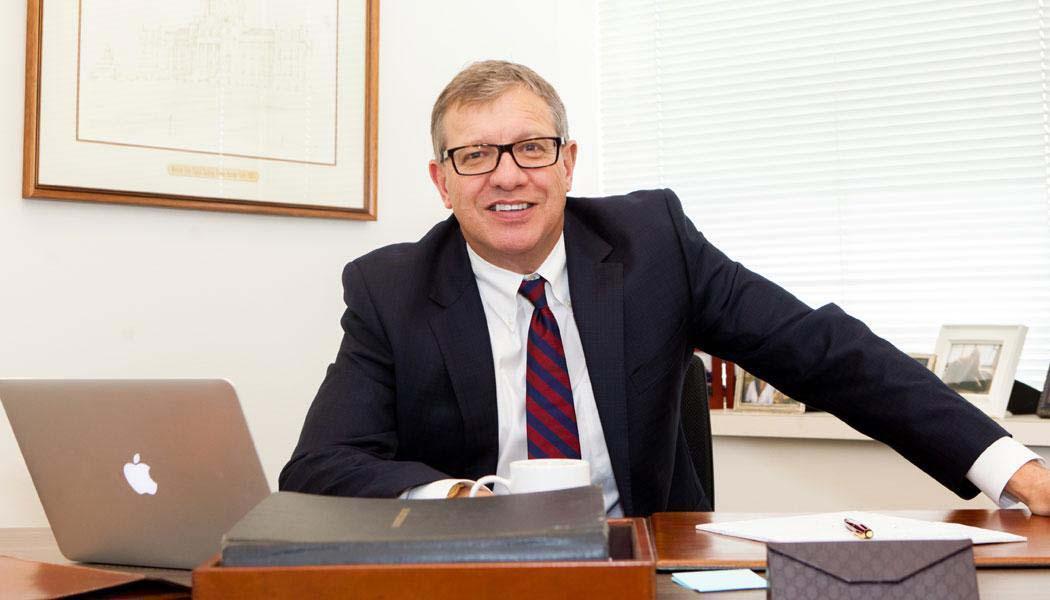
NAATP Joins National Collaboration on the Wit Case Parity Appeal as a Component of Establishing Treatment as Covered Essential Healthcare
By Marvin Ventrell
NAATP CEO
One of the most consequential rulings impacting access to SUD treatment is the 2019 WIT decision out of the California Federal Court. In the case of Wit v. United Behavioral Health (UBH), the Federal District Court of Northern California, following an extensive trial, found that UBH, the country’s largest managed healthcare insurance company for behavioral health, routinely denied patients access to covered residential and outpatient mental health and SUD treatment based on the application of guidelines that were inconsistent with generally accepted standards of care (GASC). In fact, UBH’s own medical experts agreed that the denials were inconsistent with GASC. The decision gave parity advocates a long-awaited footing on which to challenge coverage denials and enforce a largely unimplemented and unenforced federal law.
NAATP believes that the court’s decision is well-grounded in facts and the law of ERISA and the Mental Health Parity and Addiction Equity Act (MHPAEA) as set forth in a comprehensive, well-reasoned decision made in the public interest. It was, therefore, a surprise to many of us when a panel of the Ninth Circuit Court of Appeals reversed the decision earlier this year in summary fashion in a Memorandum opinion (unpublished) that largely disregarded the lower court’s fact findings. Now, NAATP has joined the effort spearheaded by the National Association for Behavioral Health (NABH) filing an Amicus Curiae Brief requesting that the decision be reheard by the full panel of justices of the Ninth Circuit. We are optimistic that the court will grant the rehearing, and we are grateful to NABH and legal counsel DeBofsky Sherman Casciari Reynolds for filing the brief on behalf of the nine organizations that came together as amici.
SUD Parity is at the forefront of the NAATP Public Policy Advocacy Program. As we work for access to the addiction treatment that is largely inaccessible for the majority of the millions of Americans who need it, parity implementation and enforcement are the systemic priorities that can make the biggest difference. Combined with coverage under the Affordable Care Act (ACA) recognizing addiction as an essential healthcare benefit, parity must be an advocacy focus for all of us.
Although historically Congress has failed to address parity implementation adequately since the law’s passage in 2008, we now have momentum within Congress, the Department of Labor (DOL), and The White House. Congress recently held productive hearings on the issue, the Secretary of DOL is supportive, and the President, in an historic moment, promoted treatment access in his 2022 State of the Union Address. Legislation pending in Congress would give the DOL critical parity enforcement authority if adopted. Most recently, the Director of the White House Office of National Drug Control Policy (ONDCP), Dr. Rahul Gupta, following his address at NAATP National 2022 earlier this month, met privately with NAATP leadership to strategize further action.
NAATP believes that we, as treatment professionals, have two concurrent obligations: first, we must treat the patient in front of us to the best of our ability, and second, we must advocate for systemic change that provides access to care and allows us to meet our first obligation more effectively. Law and policy come in the forms of legislation, regulation, and as in this case, systemic litigation. NAATP will continue to pursue parity through all these forms on behalf of and together with our association members so that we can realize both objectives.
Look for news of the Wit case and further public policy developments in our upcoming editions of the NAATP Public Policy Update.




